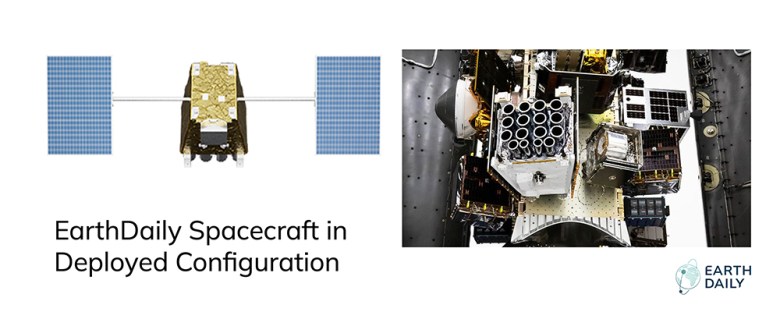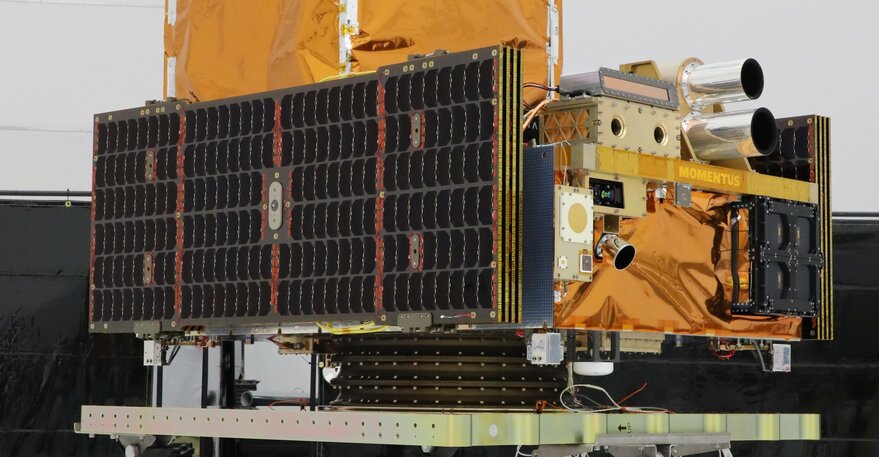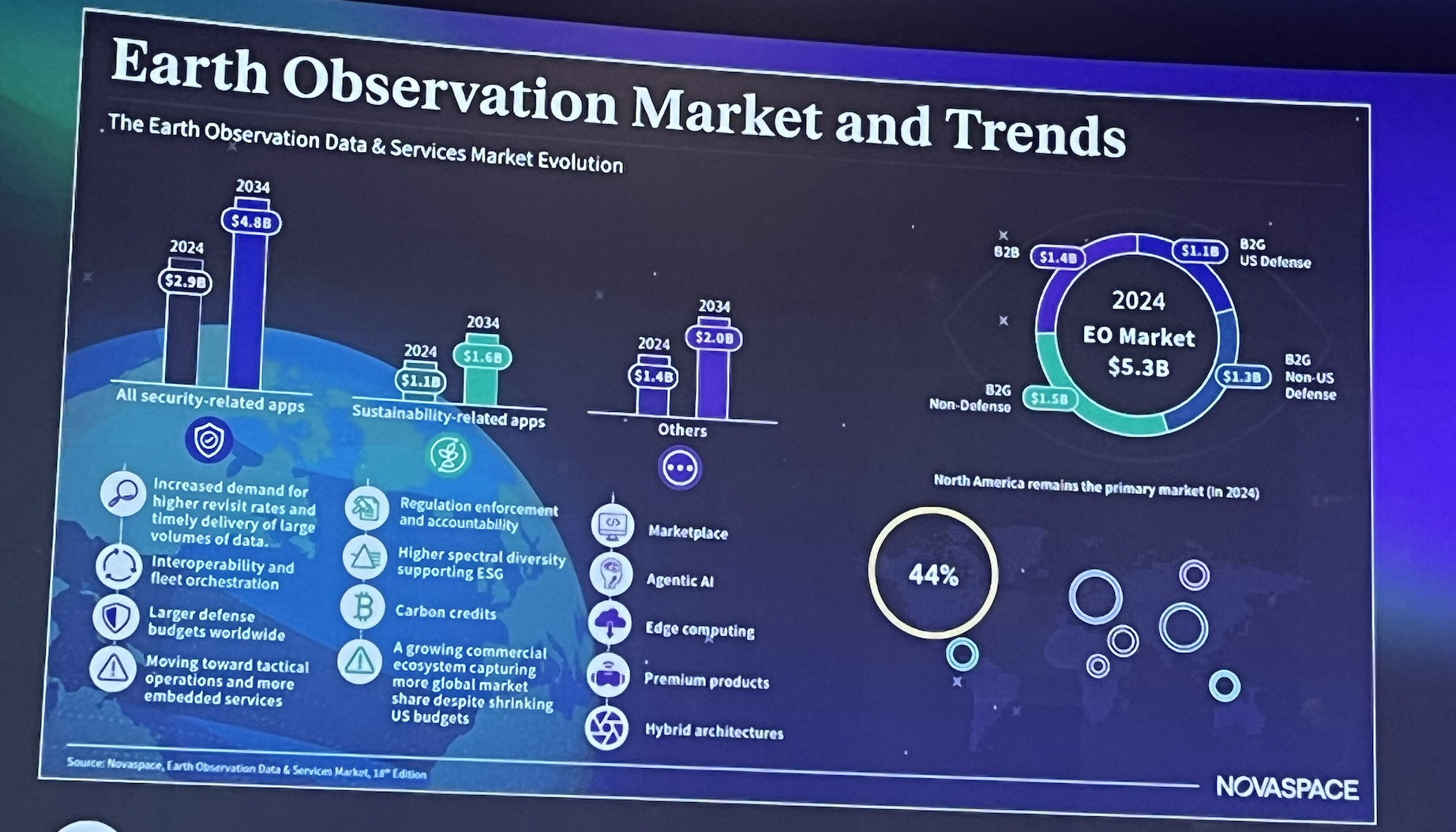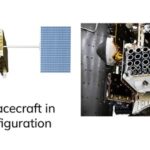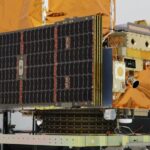Now Reading: Astra plans mid-2026 first launch of Rocket 4
-
01
Astra plans mid-2026 first launch of Rocket 4
Astra plans mid-2026 first launch of Rocket 4

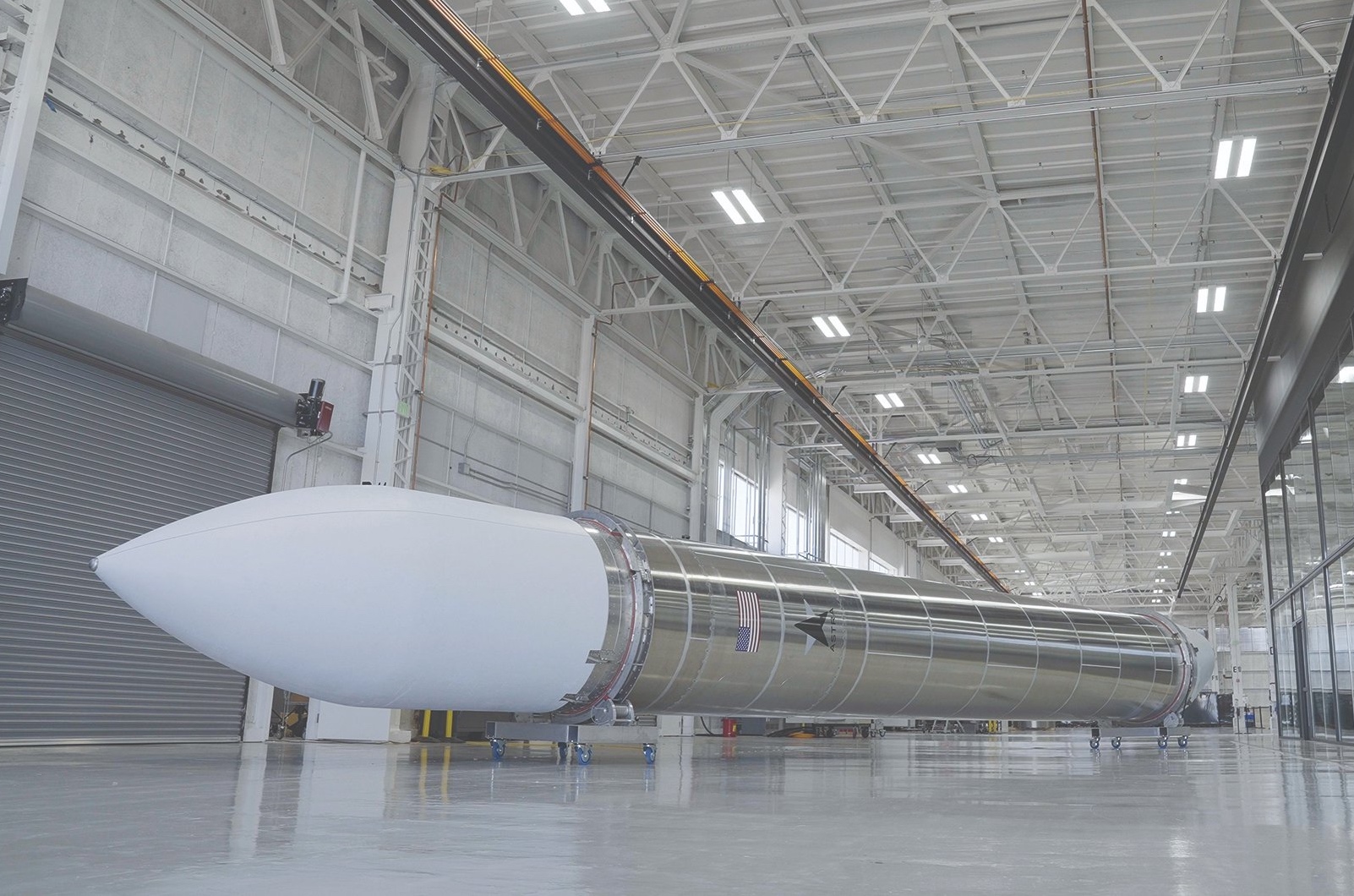
PARIS — Astra is targeting next summer for the first flight of its Rocket 4 vehicle as the company prepares to reenter the launch market.
In a presentation at the World Space Business Week conference here Sept. 17, Chris Kemp, chief executive of Astra, said the company was on track for a first launch of Rocket 4 in summer 2026 from Cape Canaveral, Florida.
Astra announced plans for Rocket 4 in 2022 and at one point projected a first flight of the vehicle in 2023. Development, though, was hindered by problems with Astra’s smaller Rocket 3.3 vehicle, which was retired in mid-2022 after several failures, as well as financial issues that culminated in the company going private in July 2024.
He highlighted progress Astra is making on Rocket 4, such as tests of a new engine the company developed for the vehicle’s first stage that produces 42,000 pounds of thrust. Two of those engines will power the first stage, while the upper stage will use a single Hadley engine produced by Ursa Major.
The vehicle will initially be capable of placing about 750 kilograms into low Earth orbit for a price of $5 million. “That’ll be very competitive,” he said in an interview after the presentation, similar to what SpaceX charges for payloads of that size through its rideshare program. “At this point, I think that’s a nice target for us to have.”
The company is targeting customers seeking alternatives to SpaceX in a constrained launch market. “There’s a lot of interest because of the fear that there’s just not a lot of capacity,” he said, particularly for satellites too large to launch on Rocket Lab’s Electron.
The summer 2026 inaugural launch will be a test flight, Kemp said, followed by one in October or November for the Defense Department’s Space Test Program. Astra plans quarterly launches of Rocket 4 in 2027, with long-term goals for much higher launch rates.
Astra has maintained plans to make Rocket 4 a transportable launch system using standard shipping containers, allowing it to operate from sites with little more than a concrete pad.
“We’re the only tactical launch system, probably for the foreseeable future,” he said. Besides launches from Cape Canaveral and Alaska’s Kodiak Island, which Astra previously used for Rocket 3 launches, Kemp said the company is exploring opportunities to fly Rocket 4 from Australia, Canada, New Zealand and the United Kingdom.
Astra is financing work on Rocket 4 through its military contracts, which include the Space Test Program award and a separate one from the Defense Innovation Unit, as well as sales of spacecraft electric propulsion systems. Kemp said the 125-person company expects $50 million in revenue this year from thruster sales, with excess cash invested in launch development.
“Astra is a very profitable company that is choosing to spend its profits on getting to the pad as soon as it can,” he said.
Stay Informed With the Latest & Most Important News
Previous Post
Next Post
-
 01Two Black Holes Observed Circling Each Other for the First Time
01Two Black Holes Observed Circling Each Other for the First Time -
 02From Polymerization-Enabled Folding and Assembly to Chemical Evolution: Key Processes for Emergence of Functional Polymers in the Origin of Life
02From Polymerization-Enabled Folding and Assembly to Chemical Evolution: Key Processes for Emergence of Functional Polymers in the Origin of Life -
 03Astronomy 101: From the Sun and Moon to Wormholes and Warp Drive, Key Theories, Discoveries, and Facts about the Universe (The Adams 101 Series)
03Astronomy 101: From the Sun and Moon to Wormholes and Warp Drive, Key Theories, Discoveries, and Facts about the Universe (The Adams 101 Series) -
 04Φsat-2 begins science phase for AI Earth images
04Φsat-2 begins science phase for AI Earth images -
 05Hurricane forecasters are losing 3 key satellites ahead of peak storm season − a meteorologist explains why it matters
05Hurricane forecasters are losing 3 key satellites ahead of peak storm season − a meteorologist explains why it matters -
 06True Anomaly hires former York Space executive as chief operating officer
06True Anomaly hires former York Space executive as chief operating officer -
 07Thermodynamic Constraints On The Citric Acid Cycle And Related Reactions In Ocean World Interiors
07Thermodynamic Constraints On The Citric Acid Cycle And Related Reactions In Ocean World Interiors












